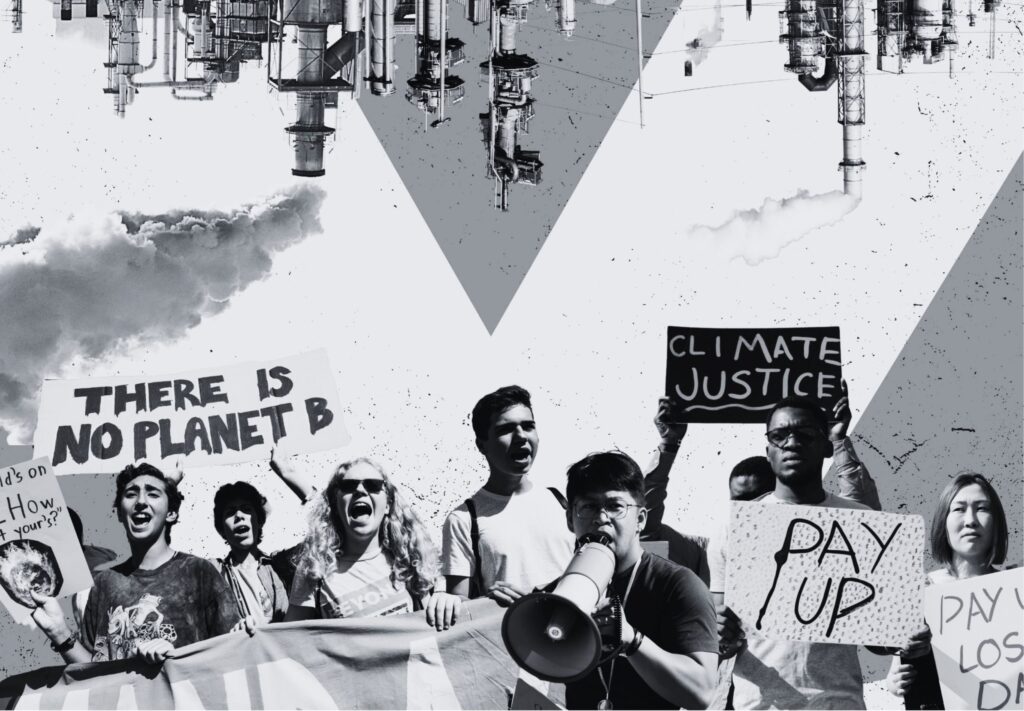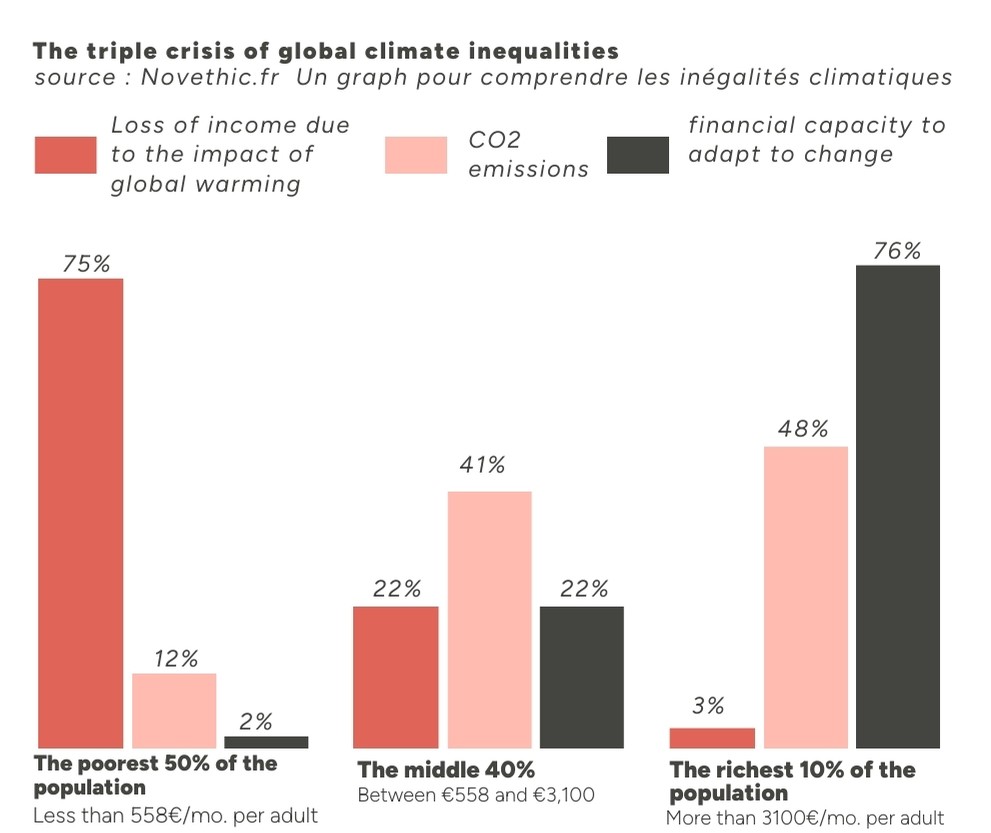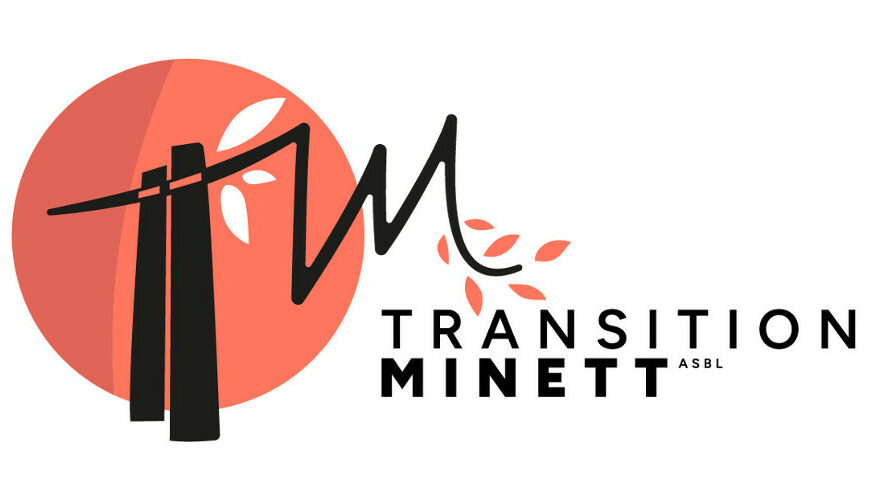
When we talk about climate change, we quickly conjure up images of drought and flooding in Africa or Asia, with their disastrous consequences for local populations and harvests. But they also exist in our latitudes.
July 2021. The Alzette turned into a fury and floods everything in its path. In Germany and Belgium, the consequences were dramatic, with almost 200 deaths. Hills collapsed, destroying roads, towns and infrastructure. In stark contrast, the following summer was very hot (the 2nd hottest since records began in 1838) and the driest since 1921**.
Whether on the scale of North-South comparison or that of a single Luxembourg municipality, these phenomena highlight the immense problem of climate injustice. Age, gender, state of health or finances, geographic or professional situation mean that there is inequality when it comes to climate change.
The UN’s stance on climate justice as follows: “Equity and human rights are at the heart of decision-making and action on climate change***”.
From this perspective, including citizens in decision-making process is essential, given equal voice to express their needs so that the decisions taken exclude no-one and are location appropriate. Politicians must also understand the urgency of the situation and assume their responsibilities. Finally, raising public awareness is another factor that can ensure climate justice.
The Iroquois had a way of doing things that we could perhaps learn from. In the tribal council, one person had the task of defending the interests of the 7 generations to come in terms of the impact that each decision would potentially have on them. We are talking about active thinking, in the long term and not just in the short term, on the interests of future generations. This is what we are doing in the transition movement, with the participation of citizens.

* https://www.europarl.europa.eu/doceo/document/O-9-2021-000056_FR.html


